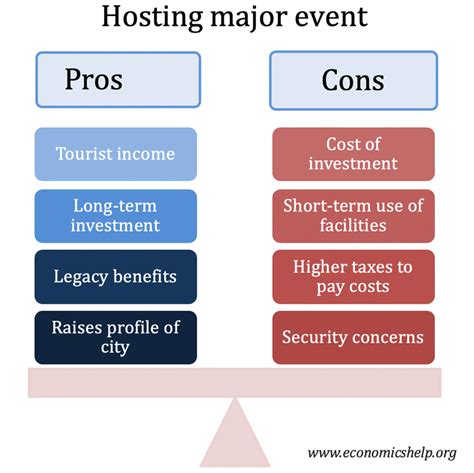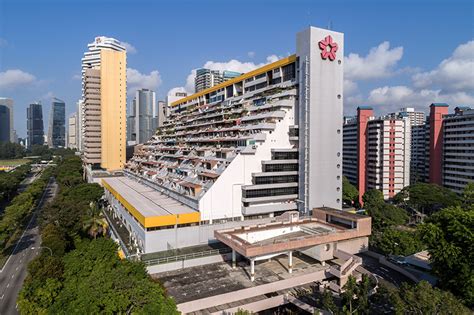

6 Social Impacts of Events on Host Communities VS 2025
Introduction
Events can have a major impact on the social fabric of a host community. These impacts can be both positive and negative, and they can vary depending on the type of event, its size, and the characteristics of the host community.

Positive Social Impacts of Events
1. Increased Sense of Community:
Events can bring people together and foster a sense of community. Shared experiences and social interactions can create a stronger bond between residents and enhance their sense of belonging.
2. Economic Benefits:
Events can attract visitors and generate revenue for local businesses. This can lead to increased employment opportunities, improved infrastructure, and a more vibrant local economy.
3. Enhanced Cultural Exchange:
Events can provide opportunities for people from different backgrounds to interact and share their cultures. This can promote understanding, tolerance, and appreciation for diversity.
Negative Social Impacts of Events
4. Social Disruption:
Large-scale events can disrupt the daily lives of residents. Noise, traffic congestion, and crowds can make it difficult for people to go about their usual activities.
5. Displacement of Residents:
In some cases, events may lead to the displacement of residents due to the need for space or security measures. This can have a significant impact on people’s lives and communities.
6. Crime and Safety Issues:
Events can attract criminals and lead to an increase in crime. Visitors may be more vulnerable to theft or assault, and residents may experience increased levels of noise and disruption.
Mitigation Strategies
To mitigate the potential negative social impacts of events, host communities should consider the following strategies:
- Engage with the Community: Involve residents in planning and decision-making processes to address their concerns and build support.
- Manage Traffic and Noise: Implement traffic management plans and noise abatement measures to minimize disruption to residents.
- Provide Safety Measures: Enhance security measures and establish clear protocols for responding to emergencies.
- Support Local Businesses: Encourage visitors to patronize local businesses and minimize disruption to their operations.
Conclusion
Events can have a significant impact on the social fabric of host communities. By understanding the potential impacts and implementing mitigation strategies, communities can maximize the positive benefits while minimizing the negative consequences. As we approach 2025, it is essential for host communities to proactively plan and manage events to ensure a positive and sustainable future.
Additionally, here are some specific examples of social impacts of events on host communities:
- Toronto International Film Festival (TIFF): TIFF attracts over 480,000 visitors annually and generates over $220 million in economic impact for the city. The festival also fosters cultural exchange and showcases Canadian films.
- New Orleans Jazz & Heritage Festival: This festival attracts over 475,000 visitors and generates over $300 million in economic impact for the city. The festival also celebrates the city’s unique culture and attracts musicians from around the world.
- Burning Man: This annual event attracts over 80,000 people to the Black Rock Desert in Nevada. The festival creates a temporary community based on art, music, and self-expression.
- Comic-Con International: This annual convention attracts over 130,000 people to San Diego, California. The convention celebrates comics, movies, TV shows, and popular culture.
FAQs
- How can events create a sense of community? By bringing people together, providing shared experiences, and fostering social interactions.
- What are the economic benefits of events? Increased revenue for local businesses, employment opportunities, improved infrastructure, and a more vibrant local economy.
- How can events enhance cultural exchange? By providing opportunities for people from different backgrounds to interact and share their cultures.
- What are some of the negative social impacts of events? Social disruption, displacement of residents, crime and safety issues.
- How can host communities mitigate the negative impacts of events? By engaging with the community, managing traffic and noise, providing safety measures, and supporting local businesses.
- What are some examples of social impacts of events on host communities? Toronto International Film Festival, New Orleans Jazz & Heritage Festival, Burning Man, Comic-Con International.
Conclusion
Events can have a significant impact on the social fabric of host communities. By understanding these impacts and implementing effective mitigation strategies, communities can harness the positive benefits of events while minimizing the potential negative consequences. As the events industry continues to grow, it is essential for host communities to proactively plan and manage events to ensure a positive and sustainable future.










